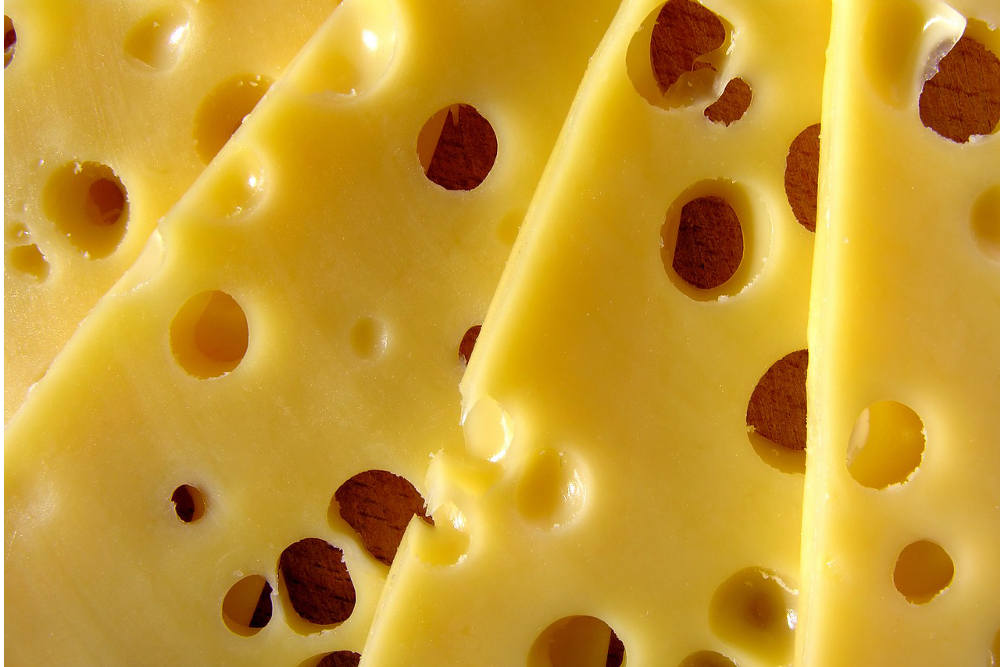
The Case for Eating Cheese is Stronger Than Ever
The last thing cheese-lovers need is a health expert to justify their obsession. In their eyes, a stiff, smelly block of fromage needs no defense. Yet for the waistline conscious, more cajoling may be needed to convince them they can be eating cheese for good health.
January 3, 2017 | Source: TIME Magazine | by Mandy Oaklander
"There’s a lot of magic in the food matrix of cheese."
The last thing cheese-lovers need is a health expert to justify their obsession. In their eyes, a stiff, smelly block of fromage needs no defense. Yet for the waistline conscious, more cajoling may be needed to convince them they can be eating cheese for good health.
That cheese can be a dieter’s friend will come as a surprise to many. It has a reputation as a fatty, sodium-filled indulgence, and there’s no denying that it’s rich in both; just an ounce (about a slice) of cheddar cheese will run you 9 grams of fat and 180 mg of sodium. It’s also high in saturated fat and cholesterol.
For a long time, these stats made cheese an automatic nutritional no-no. “We used to assess whether a food is good or bad for your health simply by looking at a label and reading some of the basic information,” says Arne Astrup, head of the department of nutrition, exercise and sports at the University of Copenhagen in Denmark. (Astrup has received accepted grants from dairy foundations and companies, yet says the research he conducts is “not biased due to industry influence.”) Recent research, from Astrup and others, is showing that the thousands of molecules that make up cheese are working in ways that make the food beneficial to health.
Some of these attributes are obvious but others less so. Here’s what new research pinpoints as some of the nutritional perks of cheese.
1. It’s high in protein, calcium and hard-to-get B12. Cheese contains almost as much protein as it does fat, which the body uses to build cell structures and stay full. It also contains plenty of bone-building calcium—200 mg per ounce in cheddar cheese, or about 20% of a person’s recommended daily amount—and is one of the few foods to naturally contain vitamin D. Cheese, too, has vitamin B12, which helps red blood cells form properly and neurological function.
2. It may help your heart. One such study (funded in part by a dairy group, which is typical with cheese research) finds that not only is cheese not bad for the heart, it may even be beneficial. A 2016 paper published in the Journal of the American Heart Association found that eating a little more than an ounce of cheese daily was linked to about a 3% lower risk of stroke. A daily serving of cheese has also been linked to a lower risk of cardiovascular disease, and eating cheese moderately has been found to predict a longer life. Cheese has even been shown to lower levels of bad LDL cholesterol compared to butter.
